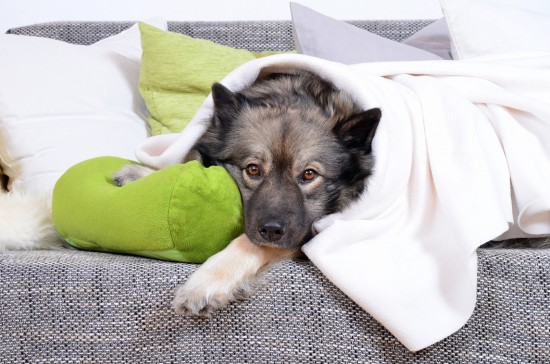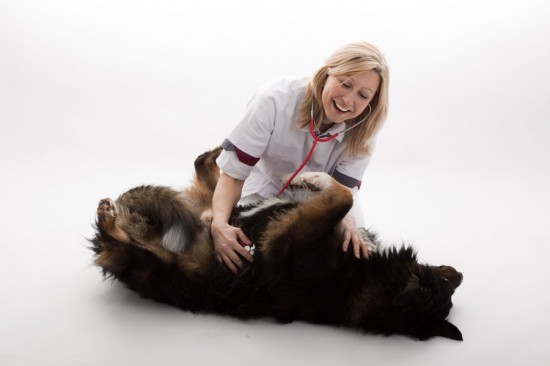Dogs are, by nature, social creatures. However, like with human children, dogs need to learn how to behave around and get along with other dogs. Like people, dogs have their own individual and unique personalities. Some are outgoing, some are shy; some are friendly, and some can be, shall we say, bullies.
If you are going to enrol your dog in a group activity (such as day care or
dog walking Melbourne), or even just take him to the dog park or for a walk on the beach, he needs to have been basically socialised. Even the most docile dogs can be problematic if not properly prepared for being around other dogs - and bigger dogs are not always the issue. A recent news article on a scientific study confirmed what many of us already suspected: small dogs are commonly exhibitors of "small dog syndrome"; like "small man syndrome", little dogs can be intimidated by the "big guys" and thus act out to make themselves seem more equal.
Puppies are much easier to socialise than adult dogs. Puppies aged between three and twenty weeks are very open and accepting of new people, places, and canine companions. For puppies, attendance at puppy pre-school is often enough to reinforce great social behaviours and that being with other dogs is fun and rewarding.
Socialising adult dogs is another matter altogether. Dogs who are socially mature do not typically enjoy playing with unfamiliar dogs - especially if they have never done so and the group of canines is large. They may cower with their human family, avoid the other dogs, and even growl. Like with children, this can make them targets of bullying from the other dogs, or simply mean that the other dogs don't want to play with them.
So how to conquer this issue? The older dog should be taught and encouraged primarily to be calm when walking and encountering other dogs on their walks; treat rewards should be offered when the dog sits quietly and responds to his name as other dogs pass by. He should not have to greet every dog that passes, but be calm and not stressed by another dog's presence.
When walking is a success, if you want your dog to play with others, proceed slowly. One dog at a time - so if a friend has a dog, have a supervised one on one play date or mutual walk, giving them time and space to get used to each other. It will be apparent pretty quickly whether they are happy and relaxed, or stressed by the situation.
Ultimately, socialisation is only of benefit if the dog finds it enjoyable. When it works, it is fantastic - for both you and your dog. A well socialised and happy dog will get so much enjoyment out of such activities as going to the dog park, dog day care, or participating in activities like
dog walking Melbourne-wide. If in doubt, have a chat to your local vet for tips.

 3 Common Cat Ailments And How To Deal With Them
3 Common Cat Ailm
3 Common Cat Ailments And How To Deal With Them
3 Common Cat Ailm
 All About The Lovely American Wirehair Cat
All About The Lov
All About The Lovely American Wirehair Cat
All About The Lov
 Cleaning Products And Pets
WOW! WOW! I was going to write a short article about cle
Cleaning Products And Pets
WOW! WOW! I was going to write a short article about cle
 Feeding A Recovery Diet After Sickness Or Surgery
Feeding A Recover
Feeding A Recovery Diet After Sickness Or Surgery
Feeding A Recover
 Vomiting And Regurgitation In Dogs And Puppies
Vomiting And Regu
Vomiting And Regurgitation In Dogs And Puppies
Vomiting And Regu